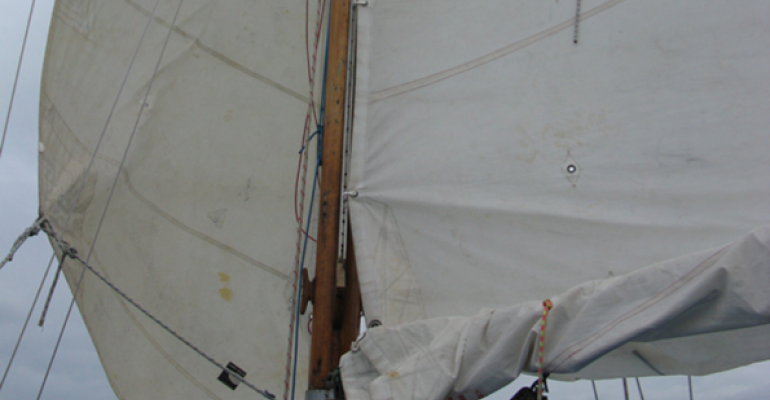In "Decoding Apple as a Luxury Tools Company," Seth Godin describes the potential dichotomy that faces an organization—or conference—that wants to be both a luxury, cachet-driven brand, and one that provides useful tools/education. I'd hazard a guess that most meeting planners would love to be where Apple is right now, which is basically both. But, according to Seth, no one's managed to stay in that enviable position indefinitely—at least, not so far. As he explains, eventually you end up having to choose whether to focus on luxury or utility, because doing both just isn't sustainable. Sooner or later, you'll start doing things that will take you down one road or the other, and your audience will divide up along luxury/utility lines. Among his examples:
"Honda cars are tools that have been painstakingly evolved over the years to function exactly as promised. But the brand is boring and profits aren't commensurate with how well they've solved the problem they set out to solve. On the other hand, few Jimmy Choo customers complain about their inabity to run a marathon in profitable high heels."
I wonder if something like the TED conference has started down the path toward utility with the TEDx spinoffs, which are more targeted and accessible—and potentially more useful, perhaps?—than the dynamic, big-idea, big-ticket, big-cachet annual conference.
My sense is that most conference organizers focus on getting the tool-part right first, to be educational as all get-out in the session rooms and out. Then if they can build in the luxury, that sense that you have to be there because that's where all the cool kids play, that's gravy. Can you do both? Sure, probably you can for a while. But like holding a gull-wing sail running downwind, some cultural, political, sociological, business, or technological gust is bound to cause your conference to jibe in one direction or the other. (Sail photo courtesy of James Morrison via Flickr.)

